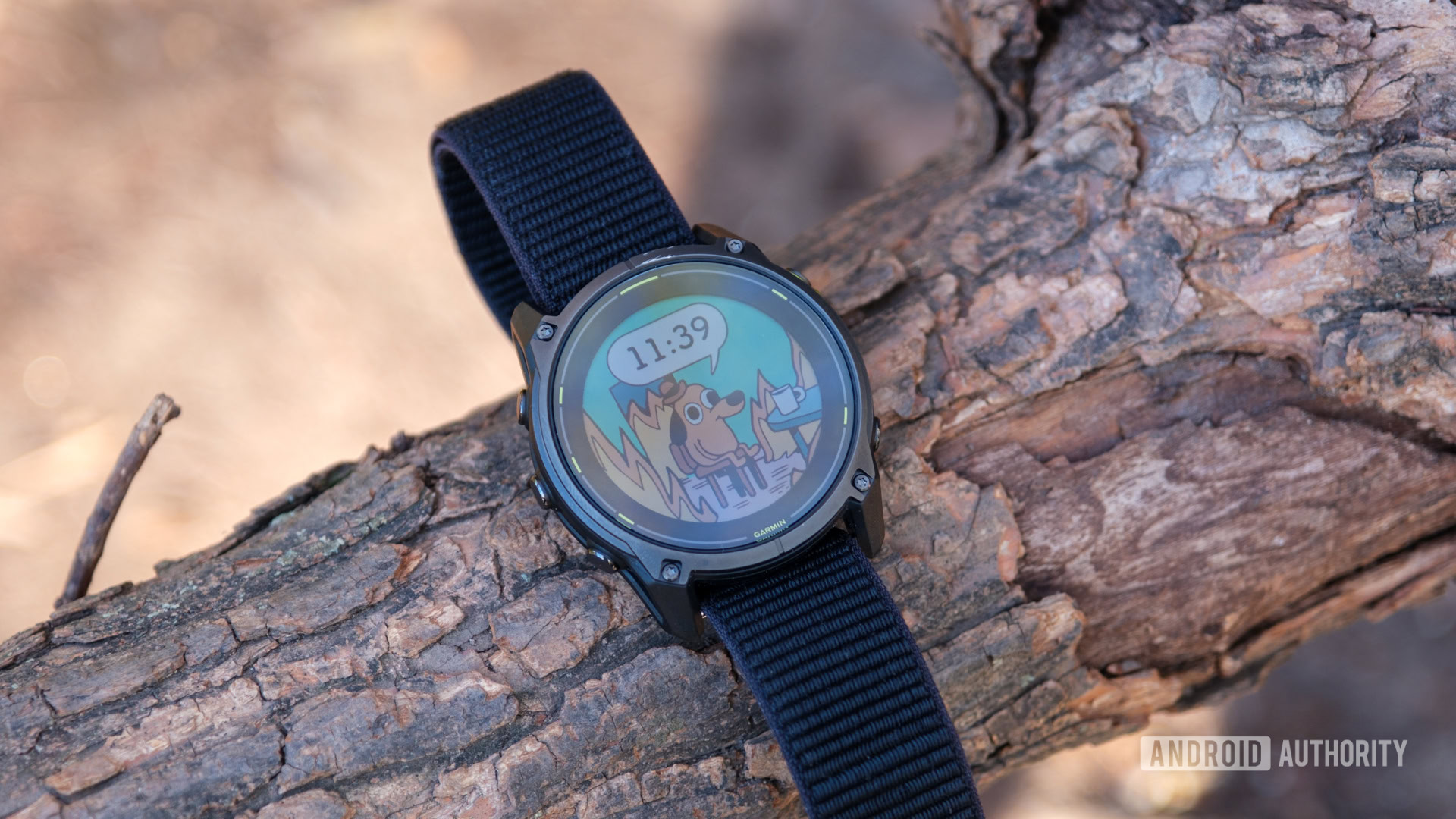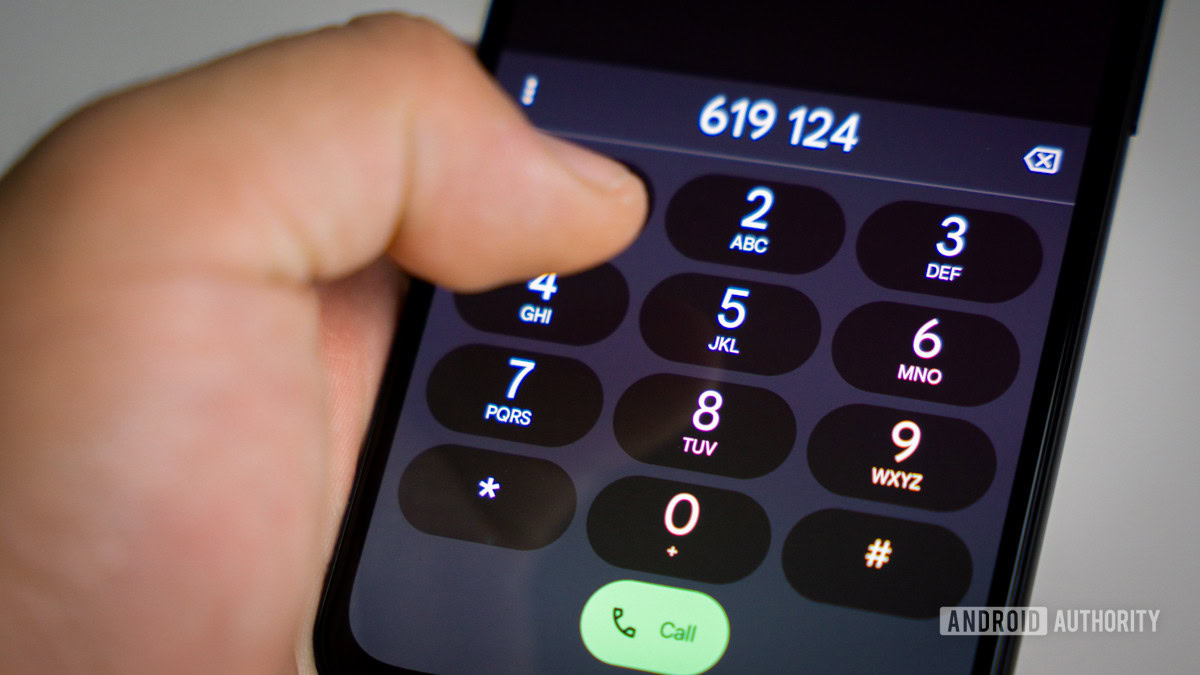Ryan Haines / Android Authority
TL;DR
- The FCC is proposing new rules requiring robocallers to disclose if they will use AI in future calls and texts.
- This follows an earlier ban on robocallers using AI voice cloning tech for phone calls.
- That said, the FCC is considering exceptions for individuals with speech or hearing disabilities using AI-generated voice software.
If you’re tired of blocking AI-generated calls and messages on your Android phone or iPhone, you’ll be pleased to know that the Federal Communications Commission (FCC) is intensifying its fight against robocallers who use AI in their communications. As part of this initiative, the regulator is trying to propose new rules that will make it mandatory for callers to explicitly state whether they intend to use AI in their calls and text messages at any point in the future. These disclosures will also have to be used for AI-generated calls, which the FCC notes “contain an enhanced risk of fraud and other scams.”
This follows the FCC’s earlier ban on robocallers using AI voice cloning tech in phone calls, unless in the event of an emergency or if the person being called has provided prior consent to receiving such calls (via The Verge). The current proposal essentially builds on this. For reference, the regulator defines AI-generated calls as follows:
An artificial or prerecorded voice or a text using computational technology or other machine learning, including predictive algorithms, and large language models, to process natural language and produce voice or text content to communicate with a called party over an outbound telephone call.
The reporting outlet notes that one of the exceptions that is being considered is the use of AI-generated voice software by people with speech or hearing disabilities. Given that in this case, the primary purpose of the software is to help said individuals communicate effectively on phone calls. That said, the FCC is proposing that these calls exclude any sort of unsolicited advertisement and that the person on the other end is not charged for receiving them.
The FCC is currently seeking comments and feedback on the chances of scammers being able to abuse this exception to the rule and how the proposal can be updated to keep something like this from happening.
Got a tip? Talk to us! Email our staff at [email protected]. You can stay anonymous or get credit for the info, it's your choice.







 English (US) ·
English (US) ·